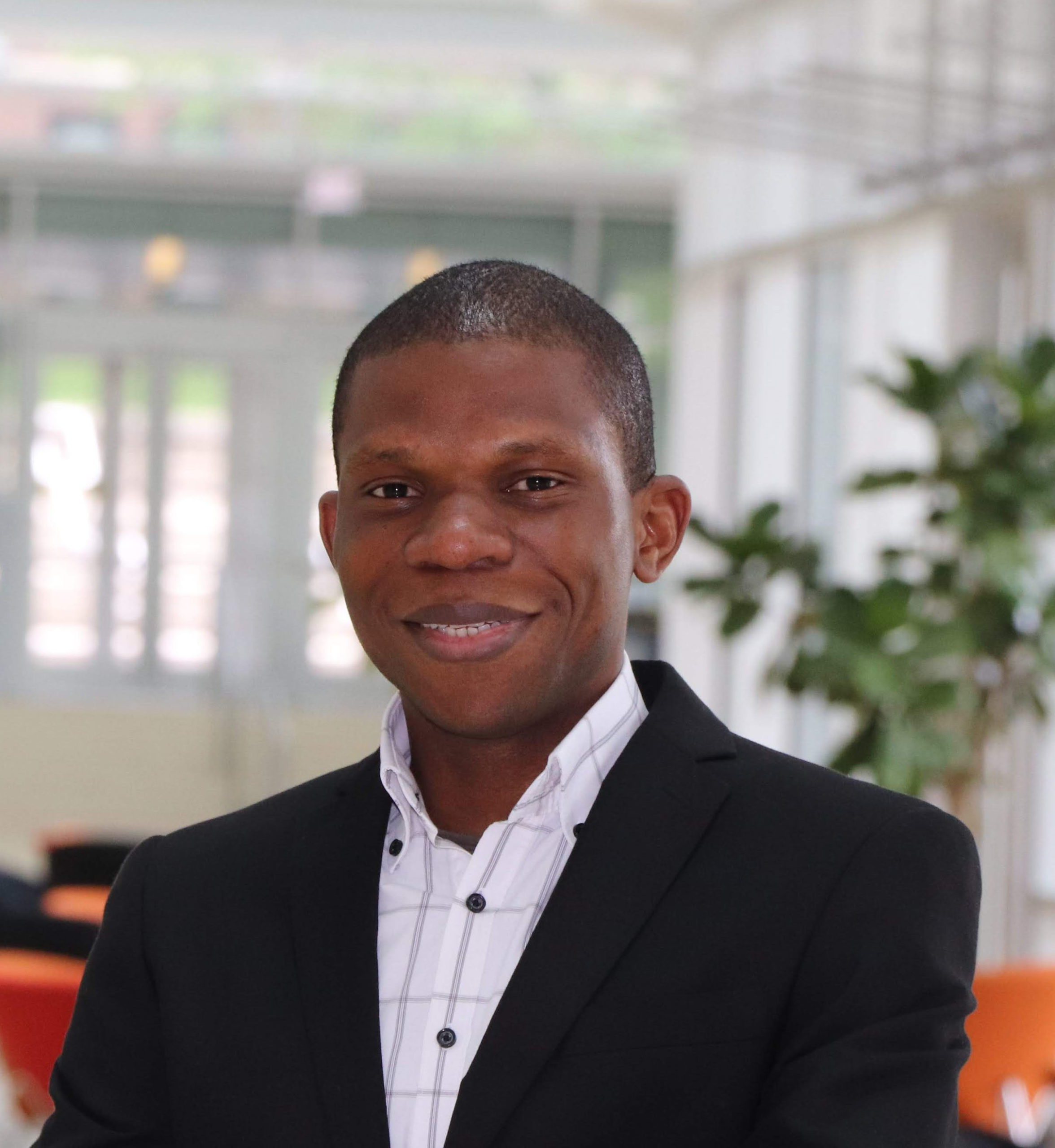Background
I am an NIH FIRST Assistant Professor at the Department of Molecular Biology and Genetics, Cornell University. The focus of my research lab is to understand how pancreatic cancer ‘feed’ and grow including how they take advantage of their surrounding cells, such as immune cells. The ultimate goal is to find ways to treat pancreatic cancer by blocking their nutrient access and or consumption.
I was born in Amsterdam, the Netherlands. However, I am from Abia State in the southeastern part of Nigeria. I attended Abia State Senior Science School, Ihie (ABSSSI), in Isiala Ngwa North Local Government Area of Abia State. There I developed a strong passion for science, and this school laid a solid educational foundation coupled with discipline upon which I have since grown.
I finished secondary education in 2001 and went to Ebonyi State University, Abakaliki, Nigeria, for my bachelors degree. There I studied Medical Laboratory Science and specialized in Clinical Biochemistry/Chemical Pathology. I graduated in 2007, was inducted by the Medical Laboratory Science Council of Nigeria in 2009, and completed National Youth Service in Kaduna State, Nigeria in 2011. After undergraduate studies, I proceeded to England where I studied Masters in Biomedical Science at London Metropolitan University under the Niger Delta Development Commission (NDDC) MSc Scholarship and graduated in 2012.
I did my PhD at the University of Heidelberg, Germany under the NDDC PhD Scholarship. In Heidelberg I studied liver cancer metabolism under the Hartmut Hoffmann-Berling International Graduate School of Molecular and Cellular Biology (HBIGS) [now called Heidelberg Biosciences International Graduate School] and graduated in 2017 with summa cum laude. After my PhD, I relocated to the United States and completed postdoctoral research at the University of Michigan in 2023. Each of these schools brought unique experiences and I am grateful to everyone who made it possible.

Career Goal
My ultimate career goal is to contribute to solving complex biomedical/health problems. One problem I am very committed to working on is cancer. Cancer is a major cause of death in several parts of the world and the incidence of several cancer types is still high. Virtually every adult today know or have heard of someone who died of cancer. While cancer was considered a disease of the elderly or of people in the developed countries, the reality is that there is no age or geographical limits. There are in fact several pediatric cancers and people in the developing countries are not spared. We are all called to contribute to the advancement of knowledge towards the eradication of cancer. This call includes parents sending their kids to school, politicians providing funding and policies that encourage research and knowledge sharing, and citizens supporting cancer charities through donations.
Ambition
I am interested in helping to advance education and health through scientific and philanthropic engagements. Central to my ambition is to support access to education especially at the early stage. If every child that will be born in the next 10 years can access education, that will trigger a positive ripple effect that could raise global literacy level to close to 100% in the next 100 years. The impact will be massive: a people well-equipped to solve complex health challenges, including cancer, heart disease and viral infections such as coronavirus. In addition, such a highly enlightened world will be realistically positioned to reduce inequality, global/regional conflicts, poverty and hunger. A situation whereby kids cannot go to school — in some instances because of $50 — is wasteful and costly. The Zeribe Nwosu Scholarship and Foundation are key projects through which I will contribute to the pursuit of an educated society.